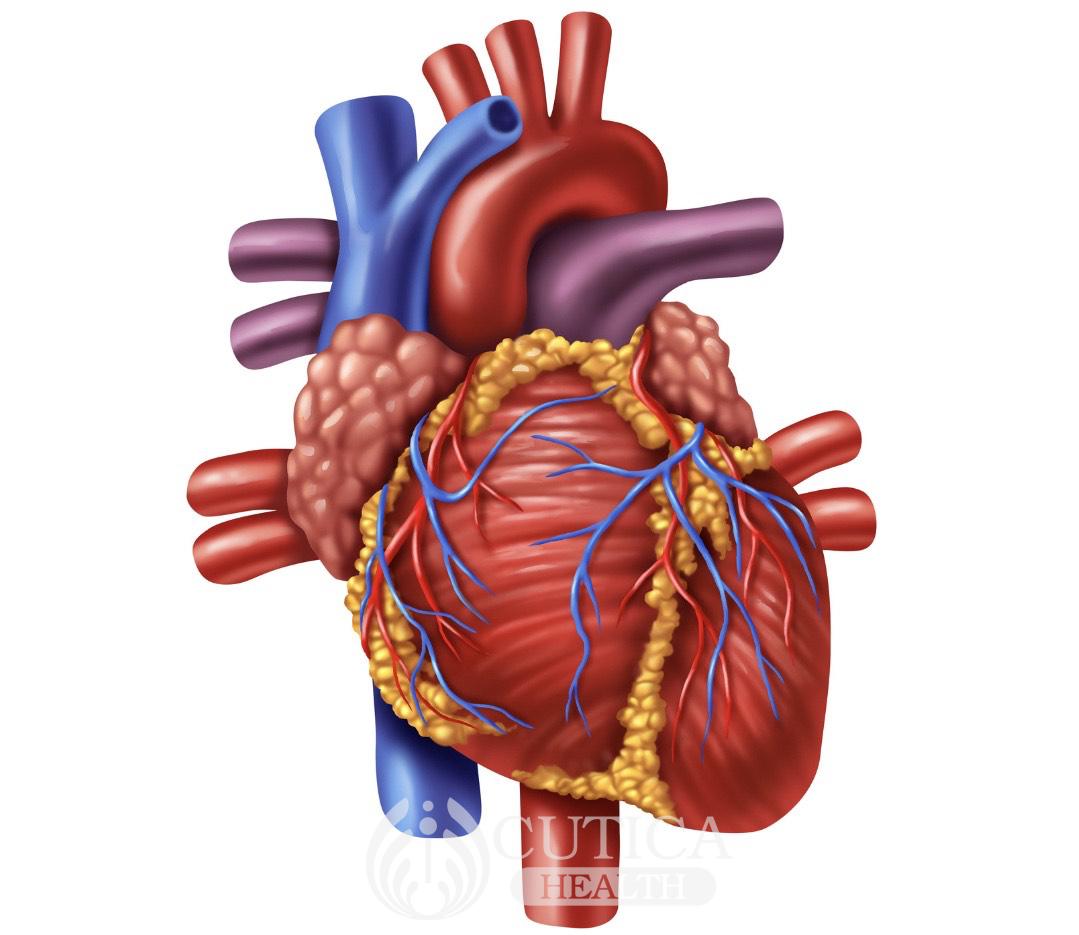
Occupational burnout is a syndrome resulting from chronic work-related stress , with symptoms characterized by "feelings of energy depletion or exhaustion; increased mental distance from one’s job, or feelings of negativism or cynicism related to one's job; and reduced professional efficacy, as defined by the World Health Organization.”
In simpler terms, occupational burnout is a group of symptoms induced by work-related stress with negative effects on health and job efficiency. It’s a common reason for reduced productivity and has been shown to be as high as 75% of employees, with at least half of workers having experienced burnout at a point in time. Although burnout is not yet classified by the WHO as a medical condition or mental disorder, it can be a reason to contact health care providers.

What are the pointers to occupational burnout?
- Easily irritable or impatient with co-workers, customers or clients.
- Lack of satisfaction from your achievements.
- Unstable/erratic sleep habits.
- Lack of energy to be consistently productive.
- Difficulty concentrating at work or in other places.
- Having to drag yourself to work and have trouble getting started.
- Using food, drugs or alcohol to feel better or to simply not feel.
- Troubled by unexplained headaches, stomach or bowel problems, or other physical complaints.
What are some risk factors for occupational burnout?
- Excessive workload: This is common when there is a mismatch in what an individual can do and the work allocated to them. This might lead to longer work hours and more stress.
- Dysfunctional Workplace Dynamics: Challenges with your boss at work or other workers such as bullying, being undermined, hostile work environment, etc.
- Work-life imbalance: A lack of other rewarding activities outside of work. When work takes up most of your time with little or no time for anything else.
- Working in a service profession, such as health care: This is because these professions require emotional investments and are more challenging over time.
- Insufficient rewards: When workload is not commensurate with the rewards and hard work is not adequately rewarded, burnout is inevitable.

How to Deal with Occupational Burnout?
- Evaluate your options: Discuss specific concerns with your supervisor/boss. This can be done to address concerns with workload, remuneration, workplace dynamics etc. Discussing them can help bring them to light without assuming everyone should know what is going on.
- Seek support: Social support is an important pillar as man has been described as a social animal. When you reach out to co-workers, friends or loved ones their support and collaboration might help you cope. Some organisations have employees assistance programs which can be explored.
- Try a relaxing activity: Finding out time to relax can help blow off steam from burnout. Some programs that can help with stress such as yoga, meditation or Tai chi. These can be done on a regular basis and will aid in relaxing and mind-body control also.

- Get some exercise: Regular physical activity helps you to better deal with stress. Early morning runs, going to the gym, dance aerobics, etc. are all engaging activities for exercise.
- Get some sleep. Sleep restores well-being and helps protect your health. While burnout might disrupt sleep patterns, it’s important to know that this is a vicious cycle as less sleep would lead to more stress and more stress lead to less sleep. Set out a time to sleep and ensure you get adequate sleep.

In conclusion, it’s important to note that occupational burnout is common and addressing it would lead to better workplace experience and overall health of workers in general.












